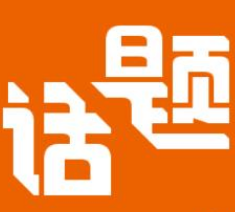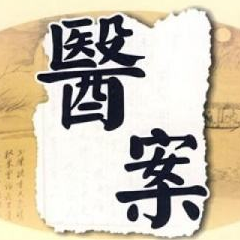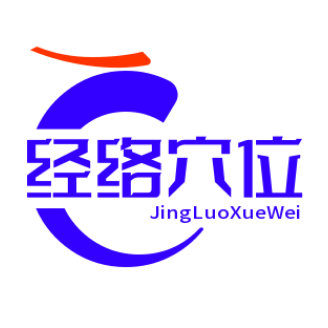The so-called "Zhengqi" in traditional Chinese medicine refers to the normal physiological functions and disease resistance of the human body, which is an important force in resisting disease invasion within the human body. Zhengqi is usually composed of various substances such as essence, qi, blood, and body fluid in the human body, which play their respective roles in maintaining normal physiological functions and disease resistance.
Zhengqi plays a very important role in the theory of traditional Chinese medicine, as it is one of the key factors for maintaining human health and preventing diseases. The strength of Zhengqi can directly affect the health status of the human body. If Zhengqi is insufficient, it can lead to the body being susceptible to disease invasion. If Zhengqi is sufficient, it can enhance the body's disease resistance and reduce the occurrence of diseases.
The strength of Zhengqi is related to various aspects such as the internal functions of the organs and the circulation of qi and blood in the human body. If factors such as improper diet, excessive fatigue, and emotional instability lead to changes in the internal environment of the human body, it will affect the strength of the positive energy. In addition, factors such as age, gender, and physical constitution can also affect the strength of positive energy.
中医所谓的“正气”是指人体正常的生理功能和抗病能力,是人体内部抵抗疾病侵袭的重要力量。正气通常由人体内的精、气、血、津液等多种物质所组成,它们在人体内部发挥着各自的作用,共同维持人体的正常生理功能和抗病能力。
正气在中医理论中具有非常重要的作用,它是人体保持健康、防止疾病的关键因素之一。正气的强弱可以直接影响人体的健康状况,如果正气不足,就会导致身体容易受到疾病的侵袭,而如果正气充足,则可以增强人体的抗病能力,减少疾病的发生。
正气的强弱与人体内部的脏腑功能、气血运行等多个方面有关。如果饮食不当、疲劳过度、情绪不稳等因素导致人体内部的环境发生变化,就会影响正气的强弱。此外,年龄、性别、体质等因素也会影响正气的强弱。


110X110.png)
110x110.png)






请登录之后再进行评论